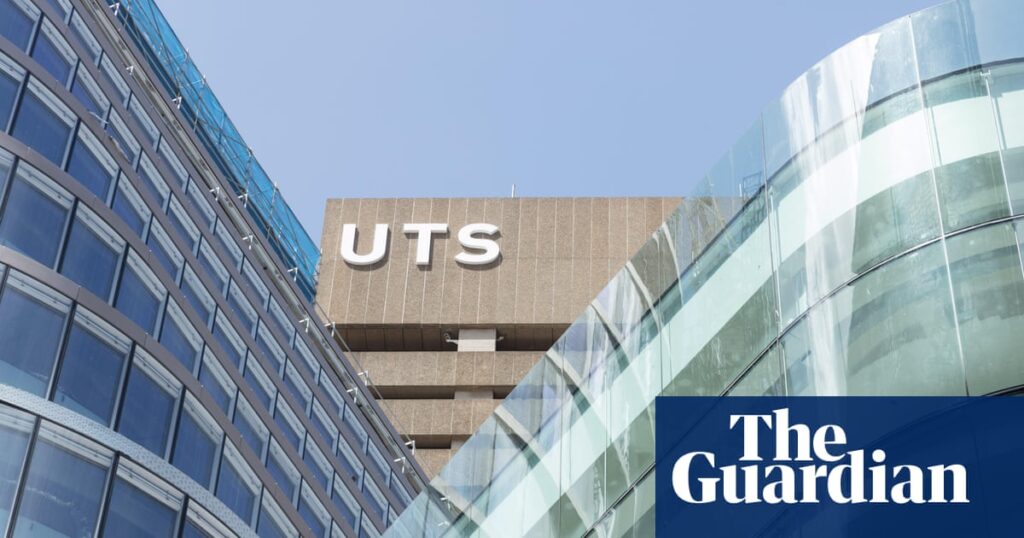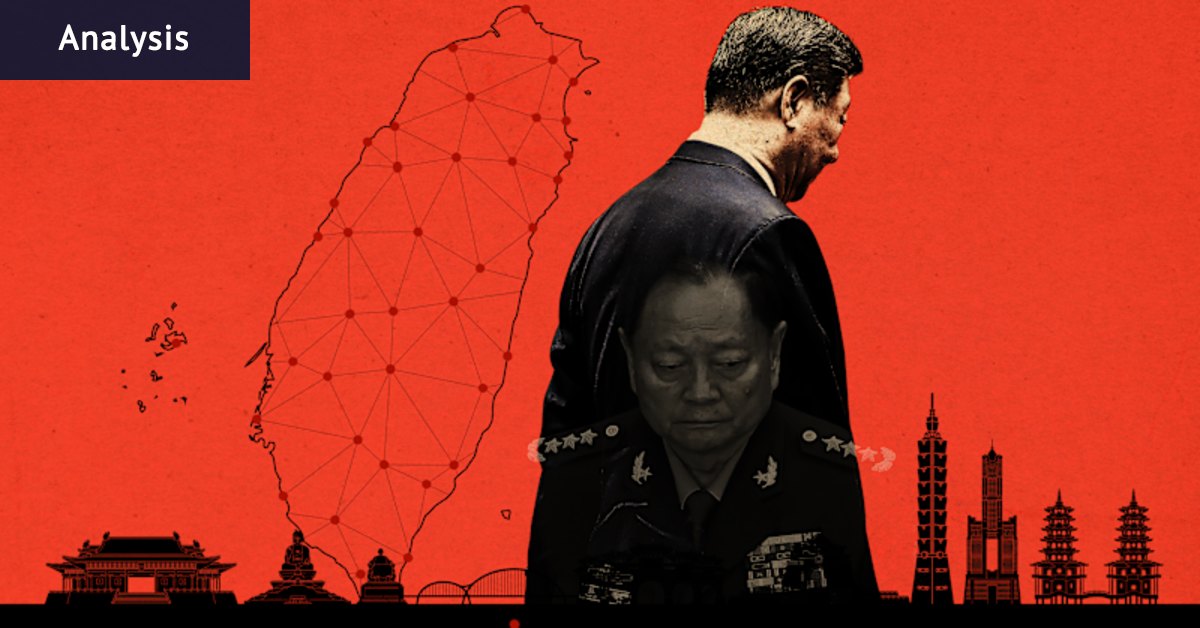
The University of Technology Sydney (UTS) has been compelled to halt its plan to eliminate hundreds of jobs following an unusual intervention by SafeWork NSW. The safety regulator warned that the proposed cuts posed a “serious and imminent risk of psychological harm” to employees if implemented.
As a result of the ruling, UTS canceled all meetings scheduled for Wednesday and Thursday with approximately 800 affected staff members and postponed the release of its change proposal, which was initially set to be unveiled this week. This decision has intensified the ongoing debate about the university’s restructuring plans.
Background and Immediate Reactions
The controversy at UTS began when the university announced in April that it intended to cut 150 academic and 250 operational positions, representing about 10% of its workforce, as part of a $100 million cost-saving initiative. The university has yet to specify which roles will be affected.
Academics at UTS have reported high levels of stress and a “culture of fear” after the university temporarily halted student enrollments for 120 of its 615 courses, including master’s degrees in primary and secondary teaching, until the end of the autumn 2026 semester.
SafeWork NSW’s Intervention
The prohibition notice, issued on Tuesday after an investigation by SafeWork NSW, highlighted psychosocial hazards associated with the proposed restructuring. Mostafa Issa, the issuing inspector, expressed a reasonable belief that UTS workers would face a “serious and imminent risk of psychological harm” due to the Academic Change Proposal, violating the Work Health and Safety Act and regulations.
“The notice will remain effective until SafeWork NSW is satisfied that appropriate safety measures have been implemented following consultations with workers. UTS has 14 days to request a review,” the notice stated.
University’s Response and Union Criticism
In an email to staff, UTS Vice-Chancellor Prof Andrew Parfitt confirmed the suspension of meetings and the change proposal release. “Following engagement with SafeWork NSW today, we have been requested to take more time to consider additional feedback from health and safety representatives on psychosocial measures and controls,” he stated, acknowledging the uncertainty this decision adds for staff.
A UTS spokesperson expressed frustration over the delays in releasing the change proposal, emphasizing the importance of staff safety and wellbeing. “We are aware of staff expressing concerns about the impact these protracted delays are having on their wellbeing,” the spokesperson said.
The National Tertiary Education Union (NTEU) NSW division secretary, Vince Caughley, described SafeWork NSW’s intervention as a “rare and damning rebuke” that highlights the recklessness of the proposed cuts. “It raises profound questions for the public about how UTS – and other NSW universities – are being governed,” Caughley remarked.
Union’s Alternative Proposals
Despite presenting alternatives to the cuts based on expert analysis, the NTEU claims UTS management has largely dismissed staff concerns. UTS did allow the union to review a document outlining alternatives prepared by KPMG, which holds a $4.8 million contract with the university.
“The need to reduce expenditure is necessary as we have had deficits for five years and our revenue does not cover our ongoing operating costs,” the UTS spokesperson explained. “It’s important we address this to protect and invest in our teaching, research, and our students.”
Implications and Future Steps
The intervention by SafeWork NSW underscores a growing concern about governance within higher education institutions. Dr. Alison Barnes, NTEU national president, noted that the findings highlight a “governance crisis” in the sector. “University executives pursuing reckless job cuts that tear at the fabric of public universities, while dismissing the expertise and concerns of their own staff,” Barnes commented.
The ongoing disputes lodged by the NTEU with UTS management in the Fair Work Commission further complicate the situation. As the university navigates these challenges, the broader implications for staff morale and the institution’s public mission remain in question.
As UTS works to address the concerns raised by SafeWork NSW and the NTEU, the future of its restructuring plans and the wellbeing of its staff hang in the balance. The university’s next steps will be closely watched by stakeholders across the education sector.







